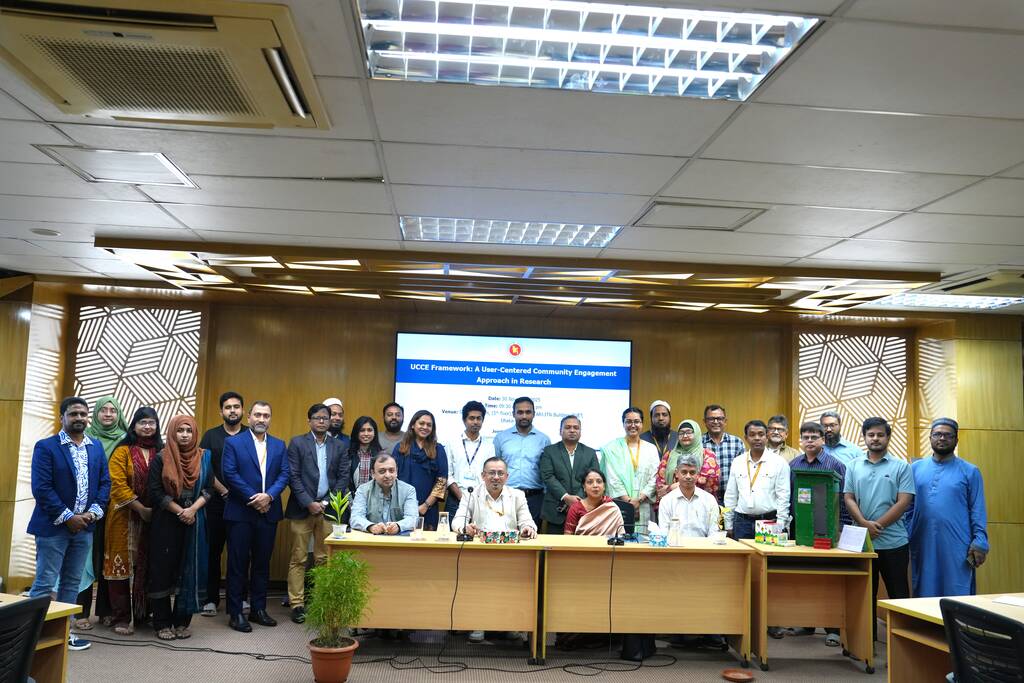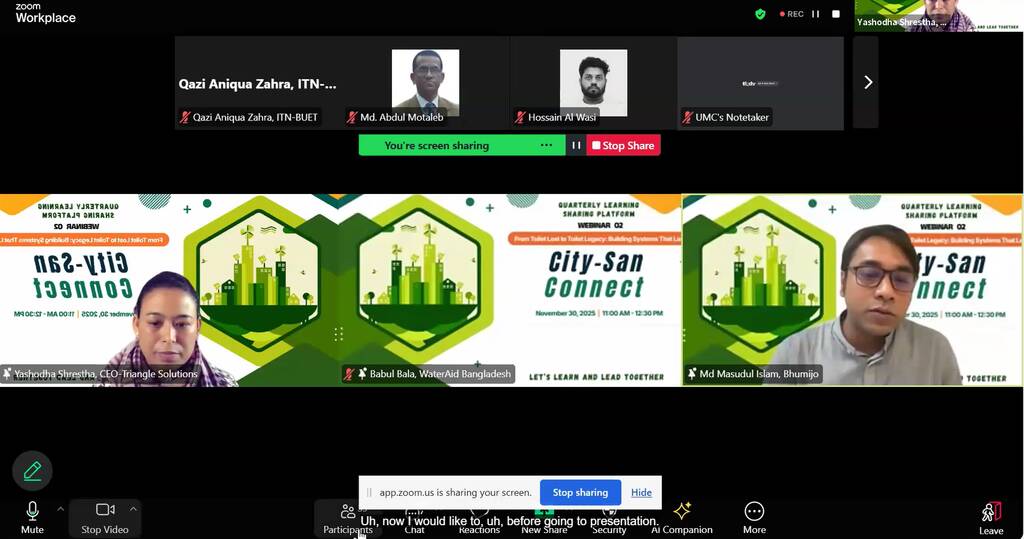Citywide Inclusive Sanitation (CWIS) is essential for enhancing public health, protecting the environment, and improving quality of life. With support from the Bill & Melinda Gates Foundation, ITN-BUET has been providing technical assistance to six municipalities in Bangladesh. This support focuses on strengthening key public systems such as accountability and resource management, enabling these municipalities to become mentor cities and promoting equitable, safe, and sustainable sanitation solutions in urban areas.
As part of its capacity-building efforts, ITN-BUET, in association with the Environment and Public Health Organization (ENPHO), Nepal, organized a four-day Mentor City Cross-Learning Visit for a delegation from Nepal, which included representatives from Waling Municipality, Mahalaxmi Municipality, and ENPHO.
During the visit, the delegation toured Cox’s Bazar to observe the Omni Processor in the Rohingya camp, which converts fecal sludge into clean water, electricity, and dry ash. They also explored a Co-compost Plant and a Fecal Sludge Treatment Plant (FSTP). Following the tour, ITN-BUET and the delegates participated in a workshop on sanitation innovation and Mahalaxmi Municipality’s ISO implementation experience, promoting knowledge sharing and collaboration.
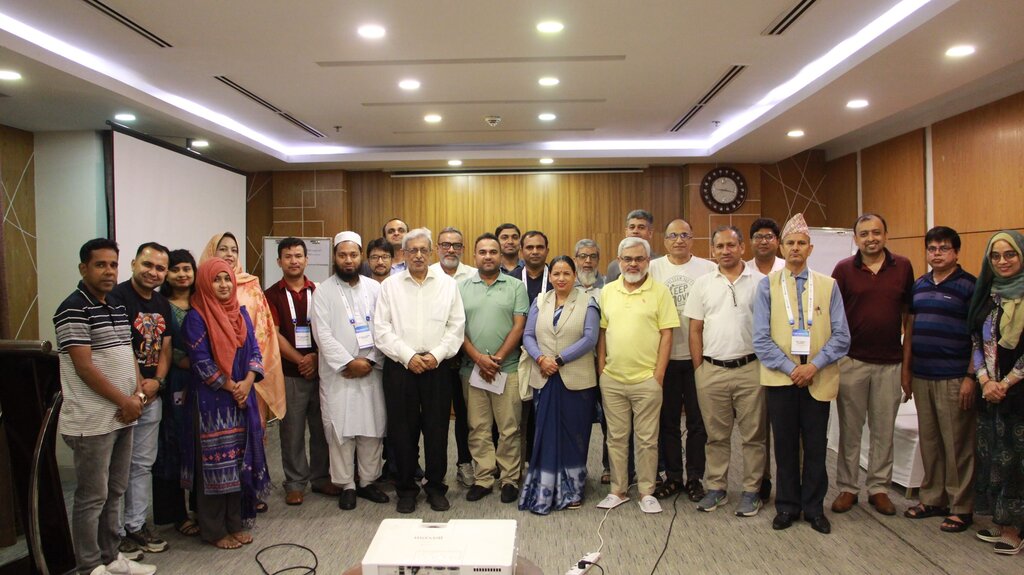
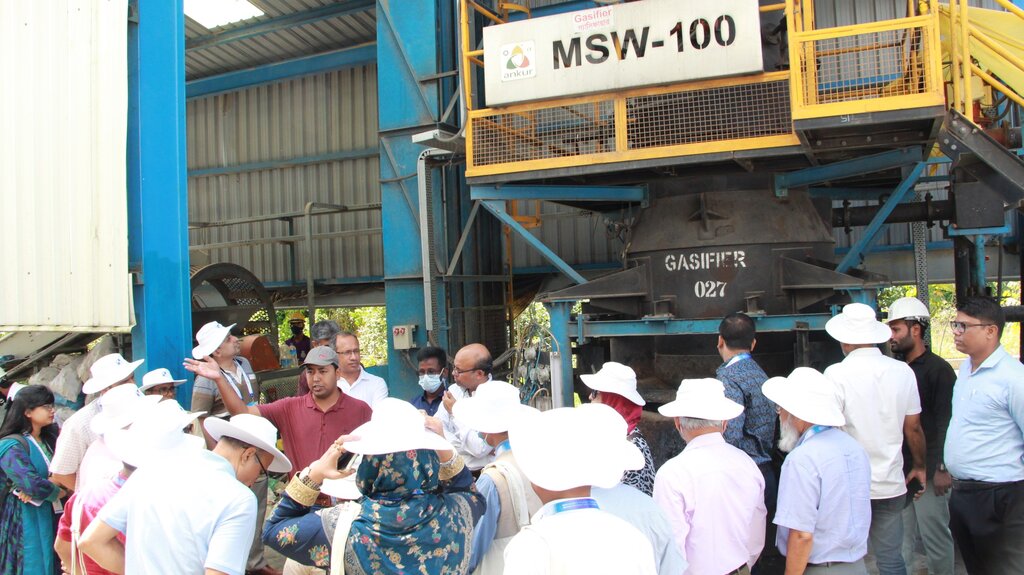
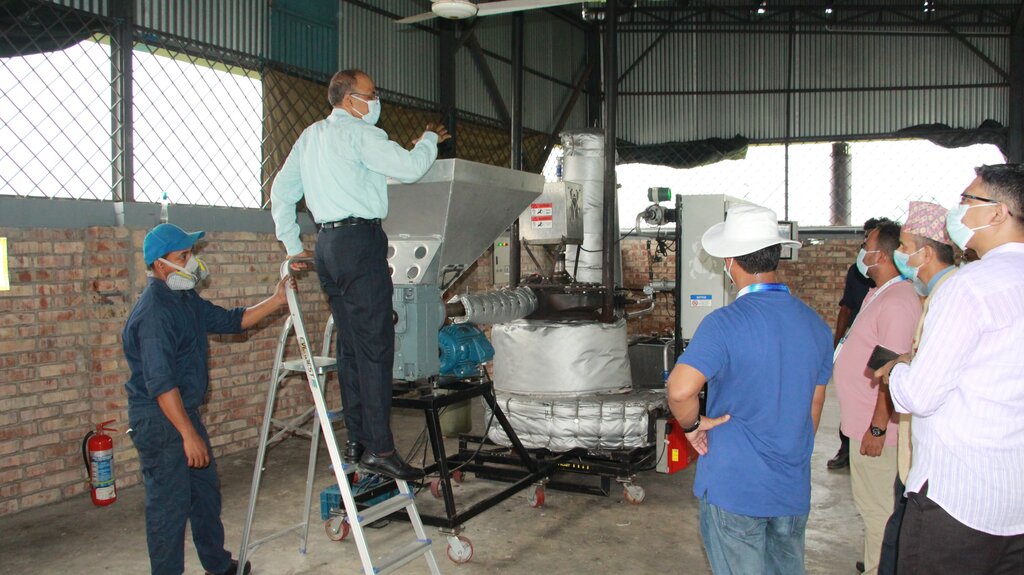
In Faridpur municipality, the delegation visited a Co-compost Plant, an FSTP, and a Waste Plastic Pyrolysis Plant. They also had the chance to observe women-led initiatives supported by the Society Development Committee (SDC), a non-governmental organization working in partnership with the municipality. Additionally, the delegates met with the Administrator of Faridpur municipality, Mr. Chowdhury Rowson Islam.
While in Kushtia municipality, the delegation toured a public toilet managed under a Public-Private Partnership (PPP) model and visited both the Medical Waste Management (MWM) facility and the Fecal Sludge Treatment Plant (FSTP). They were also briefed on Kushtia’s ongoing sanitation initiatives. Additionally, the delegates had the opportunity to meet with the Administrator of Kushtia municipality, Mst. Sharmin Akhtar.
Mr. Rabindra Upreti, Head of the Sanitation Department at Mahalaxmi Municipality, stated, “We observed the crucial role of women’s participation in promoting equity in the sanitation sector. Furthermore, municipalities are taking full responsibility for sanitation services while collaborating with the private sector and ensuring accountability through close supervision of private operators.”
Mr. Rajendra Shrestha, Program Director of ENPHO, noted, “Visitors benefit greatly from the information provided by the municipality. If municipalities succeed in implementing CWIS functions, it will spark interest among people to visit and learn from these municipalities at their own expense.”
Ms. Kabita Tiwari Gaihre, Deputy Mayor of Waling Municipality, remarked, “It was a pleasure to see the impressive Omni Processor in Cox’s Bazar, although the investment requirement poses challenges for our implementation. Besides, I found the public toilet in Kushtia, with its provisions for low-income communities, particularly interesting.”
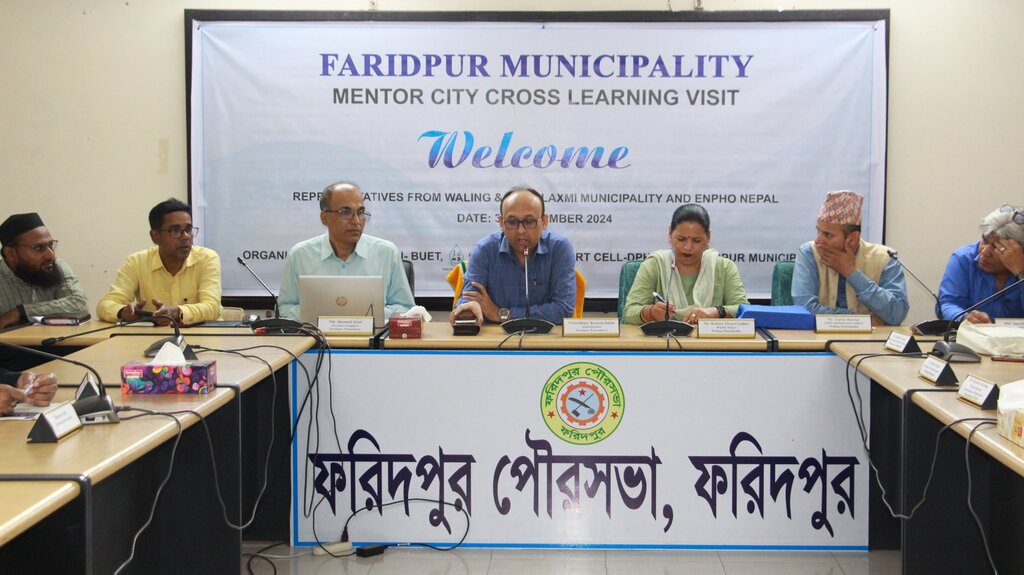
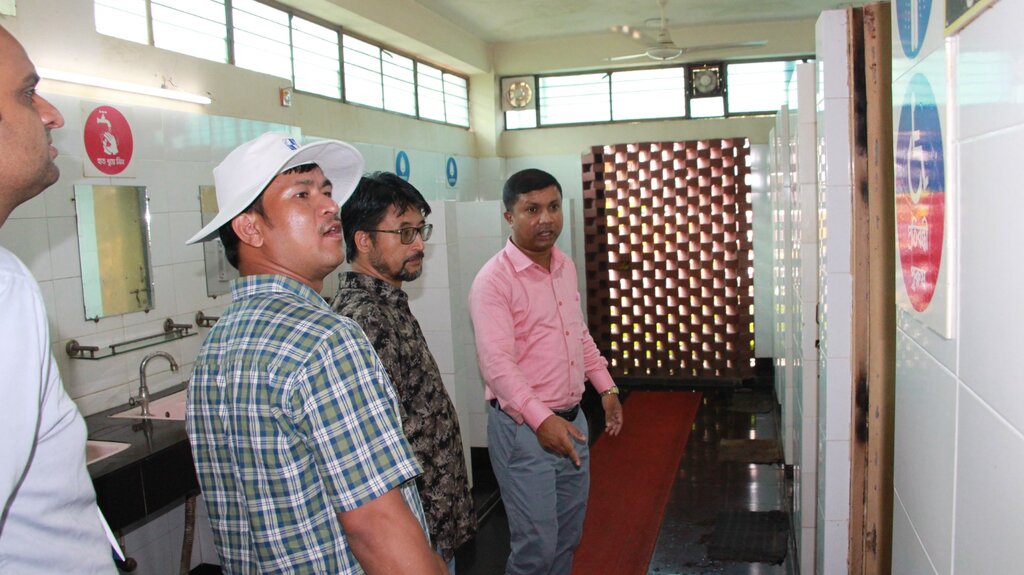
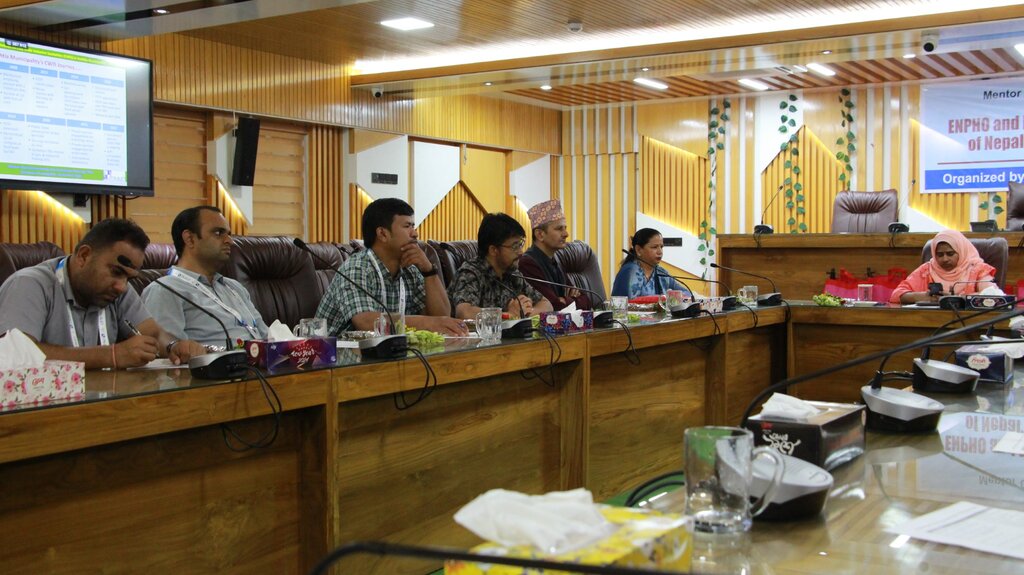
Prof. Dr. Tanvir Ahmed, Director of ITN-BUET, remarked, “We believe the Mentor City Cross-Learning visit is highly valuable because it allows participants to connect with others, witness real-world examples, and gain insights into the technical aspects and challenges the cities face.”
Mr. Abdullah-Al Muyeed, Chief Operating Officer, CWIS-FSM Support Cell, DPHE, remarked, “I hope that during your next visit, you will explore projects completed by the DPHE, where you can observe some innovative and affordable technologies and systems.”
In the closing remarks, Mr. Md. Shafiqul Hassan, Co-Chair of the CWIS-FSM Support Cell, DPHE, stated, “I hope the insights gained from this visit will assist you in implementing sanitation projects in your country. We will also take your feedback into account as we plan our future projects.”



